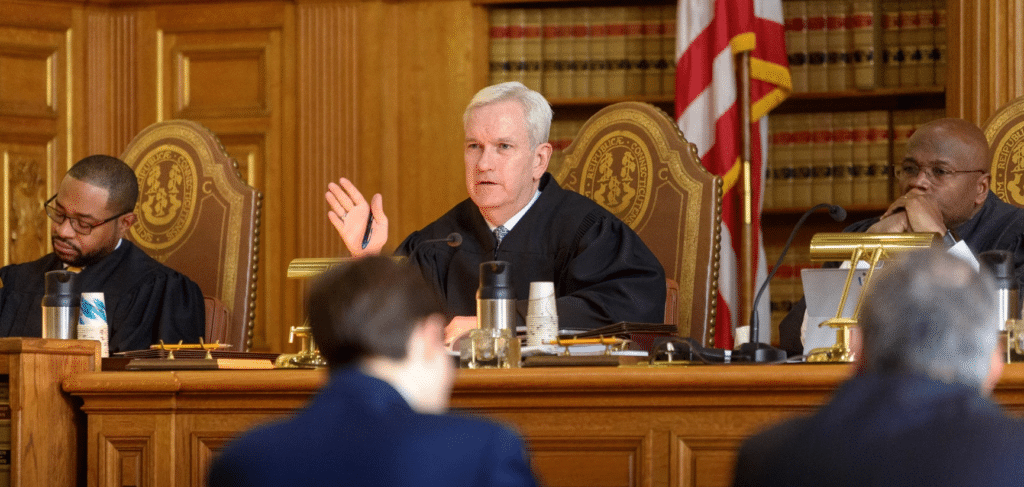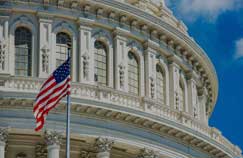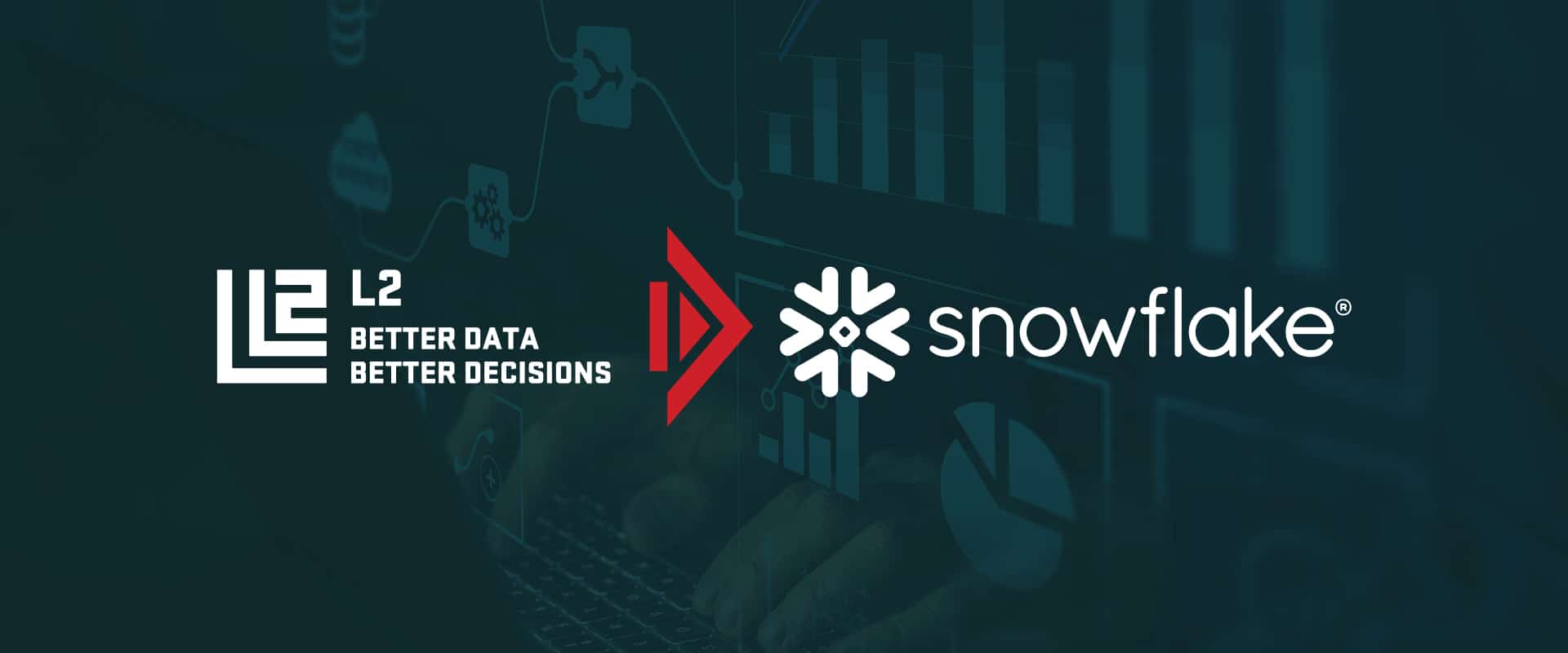
Voter data is used in various ways by lawyers in court cases related to elections and voting rights. L2 curates these data nationwide and makes them available for legal campaigns, parties, and other third-party legal challenges that arise from elections.
- Challenging voter purges: Lawyers may analyze voter registration data to identify improper removals of voters from rolls and challenge unlawful purges.
- Investigating potential fraud: Voter data can be examined to look for irregularities or patterns that may indicate fraudulent activity.
- Assessing impacts of voting laws: Lawyers use voter data to analyze how changes to voting procedures or requirements affect different demographic groups.
- Enforcing the National Voter Registration Act: Voter registration statistics are used to ensure states are complying with requirements for offering registration opportunities.
- Evaluating redistricting plans: Voter data helps lawyers assess whether new district maps dilute minority voting power.
- Challenging voter ID laws: Data on registered voters without required ID can be used to argue such laws are discriminatory.
- Investigating election administration issues: Lawyers may analyze data on provisional ballots, wait times, poll closures etc. to identify potential voting rights violations.
- Verifying voter eligibility: In some cases, lawyers may need to confirm individual voters’ registration status or voting history.
- Examining voter list maintenance: Data can reveal whether states are properly maintaining voter rolls as required by law.
- Assessing language assistance compliance: Voter registration data helps determine where jurisdictions must provide language assistance to voters.
It’s important to note that while some voter data is public, lawyers must follow strict guidelines about how they access and use this information in legal proceedings. The specific data available and permitted uses can vary by state. Reach out to L2 if you’re looking for up-to-date, enhanced, or raw voter file data. Contact us here.






